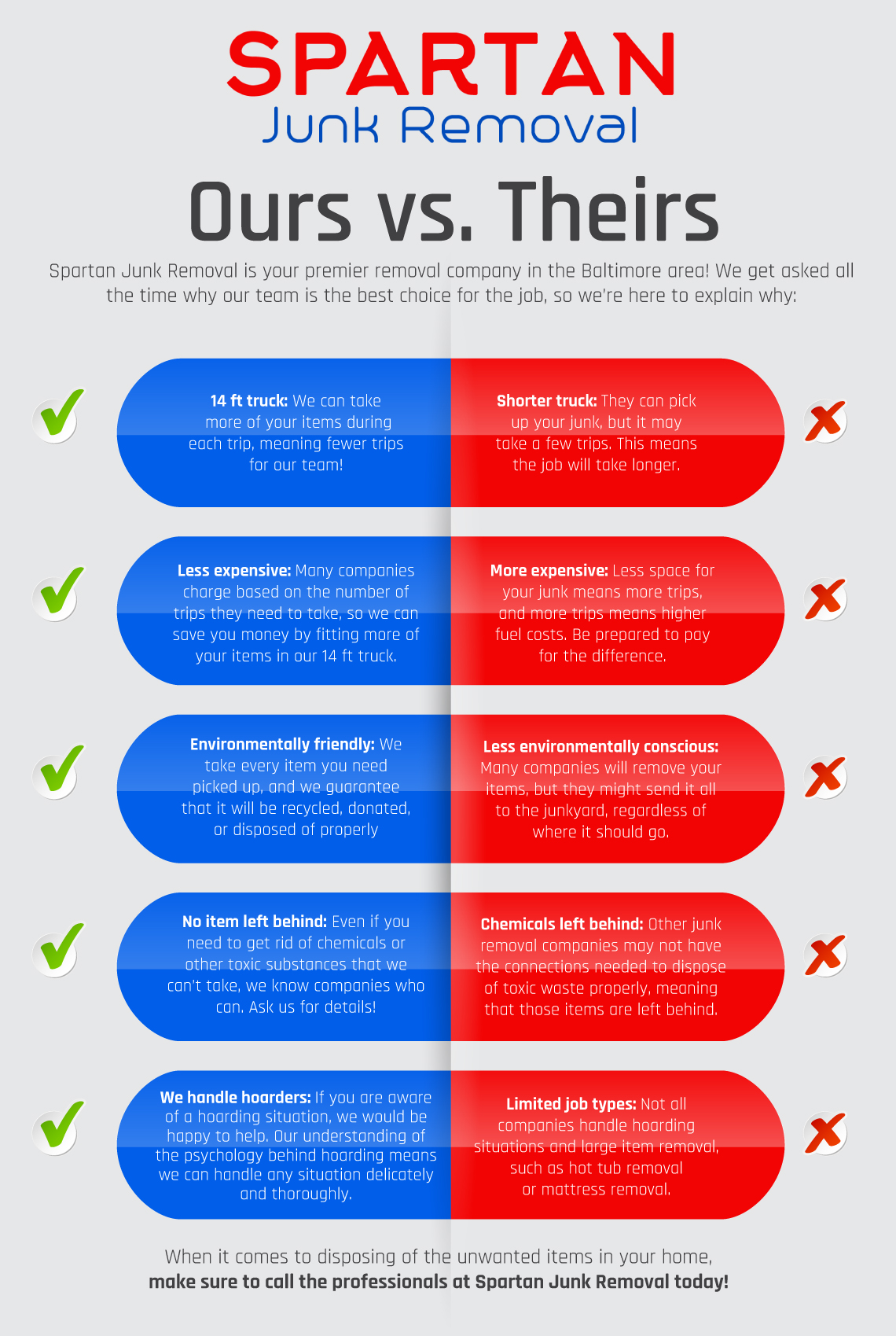Your Comprehensive Overview To Selecting The Correct Dumpster Dimension For Any Kind Of Task
Your Comprehensive Overview To Selecting The Correct Dumpster Dimension For Any Kind Of Task
Blog Article
Written By-Romero Davies
When embarking on a job that needs a dumpster, the size you pick can greatly influence its effectiveness and cost-effectiveness. Visualize having the perfect container that accommodates all your waste without being exceedingly large or as well little. Everything begins with recognizing the subtleties of your task and picking a dumpster dimension that aligns with your specific demands. So, before you choose, consider the variables at play to make certain a seamless waste administration process from start to finish.
Factors to Consider
When choosing the ideal dumpster size, there are a number of vital aspects to take into consideration.
Initially, think about the kind of waste you'll be throwing away. 4 yd dumpster rental near me might call for differing quantities of area, so recognizing what you'll be putting in the dumpster is essential.
Next off, examine the amount of waste you expect to produce. If you take too lightly the volume, you may require to make several journeys to dispose of everything, which can be troublesome and expensive. On the other hand, renting a dumpster that's also large can cause unneeded costs.
Additionally, think about the space where the dumpster will be positioned. Guarantee there suffices area for the dumpster to be provided and picked up without any blockages.
Last but not least, think about any weight limitations that may apply. Surpassing on front page can result in extra costs or even the rejection of service.
Dumpster Dimension Alternatives
For picking the ideal dumpster dimension, it's vital to have a mutual understanding of the available options. Dumpster dimensions typically vary from 10 to 40 cubic backyards, with variations in between.
A 10-yard dumpster appropriates for little jobs like a garage cleanout or a little restoration. If you're taking on a medium-sized task such as a kitchen remodel or a cellar cleanout, a 20-yard dumpster might be the right selection.
For larger jobs like a whole-house improvement or industrial building and construction, a 30 or 40-yard dumpster could be better to accommodate the volume of waste produced.
When choosing a dumpster dimension, consider the quantity and sort of particles you expect to dispose of. It's far better to pick a somewhat bigger size if you're unsure to stop overfilling. Keep in mind, it's even more affordable to rent out a dumpster that fits your needs instead of having to purchase an additional one.
Matching Size to Job
Optimally matching the dumpster size to your project is important for reliable waste monitoring. To identify recommended site , take into consideration the extent and nature of your task.
For garbage containers or remodellings, a 10-yard dumpster might suffice. These are generally 12 feet long and can hold around 4 pickup tons of waste.
For larger projects like renovating numerous rooms or clearing out a big estate, a 20-yard dumpster may be more suitable. These are around 22 feet long and can hold roughly 8 pickup truck loads.
If you're tackling a major building job or commercial remodelling, a 30-yard dumpster could be the very best fit. These dumpsters are about 22 feet long and can accommodate concerning 12 pickup loads of particles.
Matching the dumpster dimension to your job ensures you have sufficient room for all waste products without paying too much for unused ability.
Verdict
Finally, picking the ideal dumpster dimension for your task is crucial for effective waste disposal. By thinking about aspects like the kind and quantity of waste, space accessibility, weight restrictions, and spending plan constraints, you can guarantee you have the appropriate size dumpster for your needs. See to it to match the dimension of the dumpster to the extent and nature of your job to avoid overspending on unnecessary expenditures.
